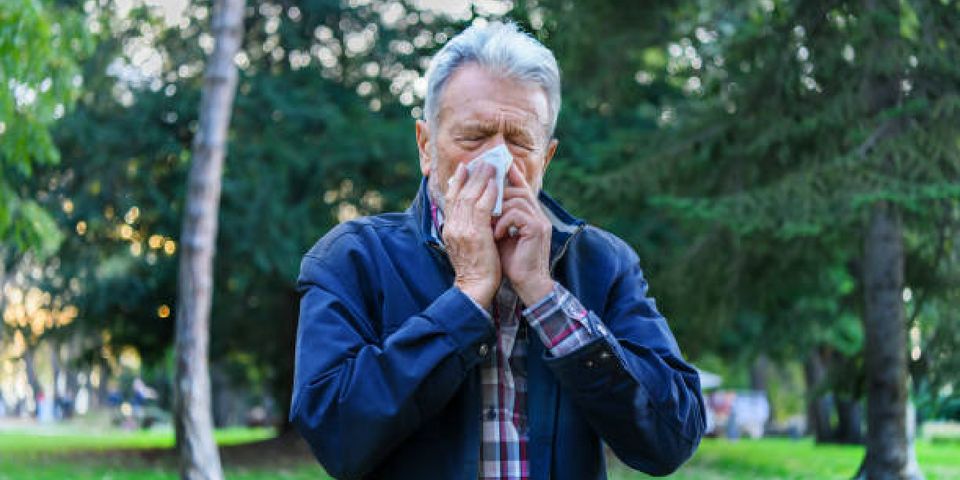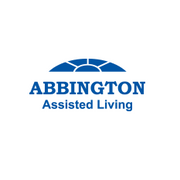How to Help Seniors Manage Seasonal Allergies

As spring approaches, many people are preparing for the warmer weather and blooming flowers. However, for seniors, this season may bring unwanted allergies that can impact their health and quality of life. It’s important to understand how allergies affect older adults and how to manage the symptoms. With proper senior care, you can ensure the wellness and safety of aging loved ones. The following guide provides more insight into the topic.
How Allergies Affect Seniors
As people age, their immune system weakens, making them more vulnerable to allergies. This means that seniors are more likely to experience severe allergic reactions, such as shortness of breath, hives, and swelling. Additionally, allergy symptoms in seniors may get confused with other health conditions, such as the common cold or flu. This can lead to delayed treatment and prolonged discomfort.
Certain medications can also trigger allergy symptoms. For instance, some blood pressure medications, such as beta-blockers, can cause an allergic reaction. To receive proper treatment, it’s essential to be able to distinguish between seasonal allergies and other types of allergies.
What Are the Signs of Allergies in Seniors?
Seniors may experience a range of allergy symptoms, including itchy and watery eyes, runny nose, sneezing, and coughing. Other indications may include rashes, headaches, and fatigue. These symptoms may last for several weeks or months, depending on the severity of the allergy.
Tips to Manage Symptoms
Getting symptoms under control is an integral part of senior care. First, limit or avoid exposure to allergens, such as pollen and mold. This may involve staying indoors during peak pollen hours, using air purifiers, and keeping windows closed. Maintain good hygiene practices, such as washing hands frequently and changing clothes after being outdoors.
Over-the-counter medications, such as antihistamines, can be effective in managing allergies. However, seniors should consult with their healthcare provider before taking any medication, as some may interact with other prescriptions.
Lastly, consuming foods that combat inflammation can help. A few include leafy greens, walnuts, salmon, and turmeric. These foods could help reduce a runny nose and watery eyes. By taking certain steps, seniors can enjoy the spring season without the discomfort and health risks associated with allergies.
Abbington Assisted Living is proud to provide senior care throughout Columbus, Pickerington, Powell, Chillicothe, and Coshocton, OH. Abbington senior living communities are one-story buildings that are designed with comfort and security in mind, offering comprehensive nursing care services in a compassionate, comfortable, and cost-effective manner. Please visit our website or call us directly at (614) 451-4575 in Columbus, (614) 577-0822 in Pickerington, (614) 789-9868 in Powell, (740) 773-4630 in Chillicothe, or (740) 623-4600 in Coshocton.
About the Business
(3 reviews)
Have a question? Ask the experts!
Send your question

